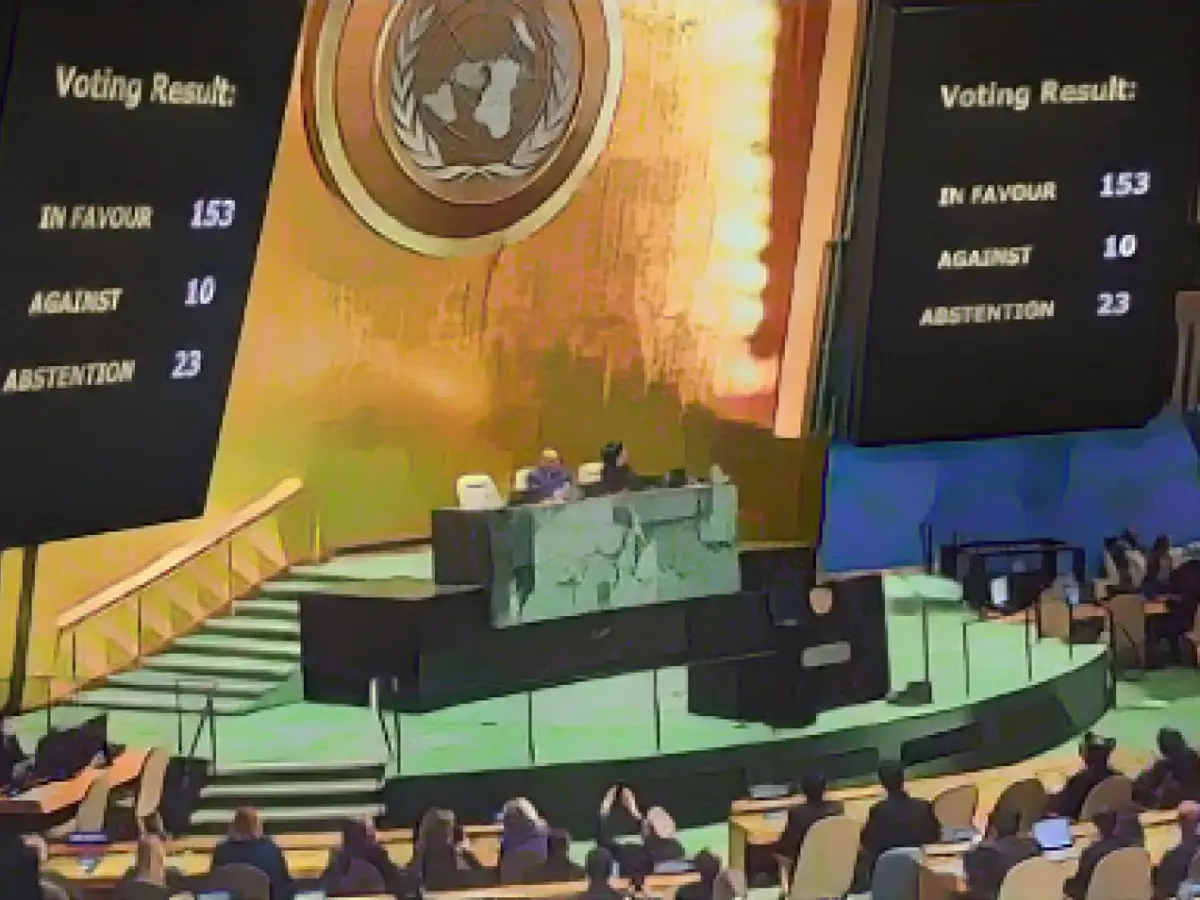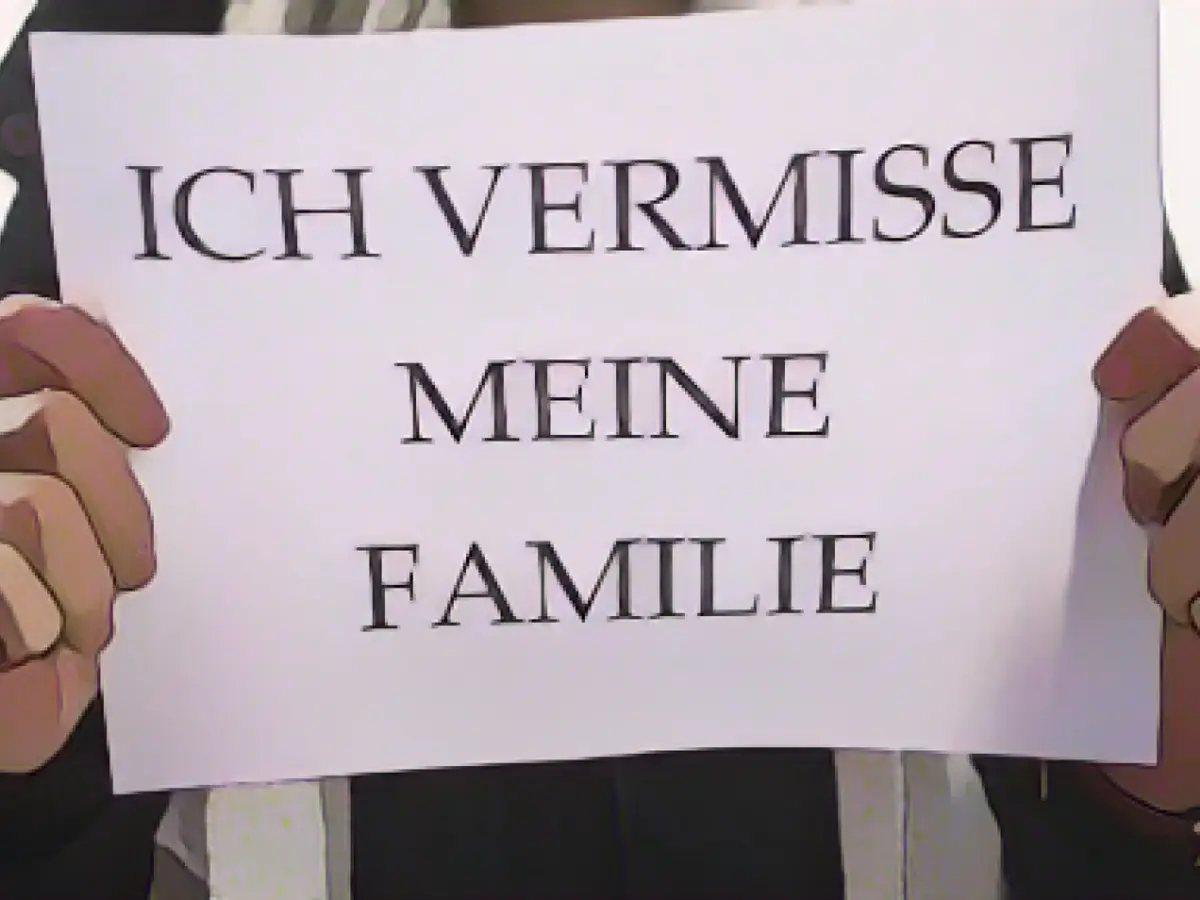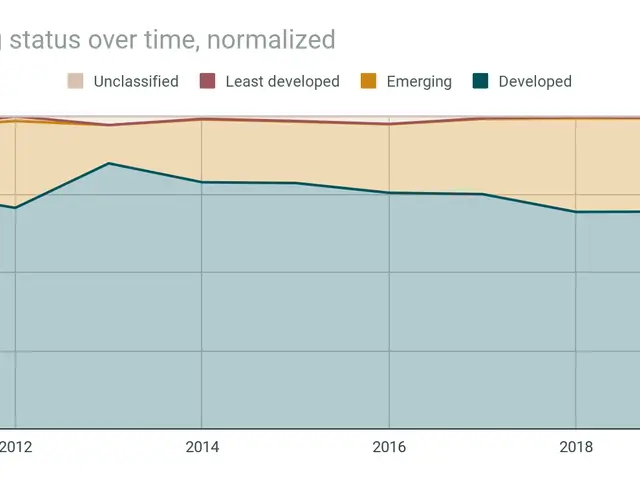New Article:
Gaza Strip: UN General Assembly Urges Humanitarian Ceasefire after Israeli-Palestinian Escalation
The United Nations General Assembly (UNGA) has passed a resolution urging an immediate humanitarian ceasefire in the Gaza Strip, garnering support from 153 member states. The resolution, introduced by Egypt, emphasized the "catastrophic humanitarian situation" in the Gaza Strip and expressed concerns over hostage releases. Germany faced a dilemma, expressing sympathy for the suffering of people on both sides but withholding approval due to Hamas' role in the ongoing conflict.
The UNGA resolution garnered broader support compared to a similar earlier resolution, with significant backing from the Global South and Arab world. However, some key countries, including Israel, the United States, Paraguay, Austria, and Guatemala, voted against, while others, like Germany, abstained. Notably, the United States, although abstaining from the vote, later called for a six-week ceasefire due to the significant humanitarian crisis in Gaza.
The resolution fell short of addressing why Israel felt compelled to defend itself, as Hamas, an Islamist militant group, had launched a brutal attack on Israel on October 7 and continued to pose a threat to Israeli security. Despite Germany's reservations about an immediate ceasefire, the resolution represented a critical step towards ending the unrelenting suffering in the Gaza Strip.
While UNGA resolutions have no legal binding force, they provide a symbolic representation of the international community's sentiments and serve as a starting point for diplomatic initiatives. Additionally, the UNGA's call for a ceasefire in the Gaza Strip has further intensified international focus on the conflict and UN Secretary-General António Guterres' plea for humanitarian intervention.
In this context, the United Nations Security Council (UNSC) had earlier failed to agree on a binding ceasefire resolution due to the US' consistent backing of Israel. As a result, the UNGA's resolution served as a response to the events in the UNSC and an indirect call for humanitarian action.
Crucially, the UNSC later adopted its first humanitarian-focused resolution on the conflict in June 2024, adopting Resolution 2735 with all members excluding Russia abstaining. The resolution called for an immediate and durable ceasefire in the Gaza Strip, explicitly rejecting any demographic or territorial changes, and outlined a three-phase plan for construction in Gaza.
Various countries' positions on the conflict have evolved, with Germany initially expressing solidarity with Israel through military aid and later shifting its focus to a sustainable ceasefire. France and the United States also took contrasting stances, with France condoning Israel's right to defense while the US, while abstaining from the vote, later called for a six-week ceasefire.
These developments underscore the complexity of the conflict and its deep-rooted geopolitical implications. As world powers weigh in on the issue, the question of finding a lasting political and humanitarian resolution remains a significant global challenge.
Relevant Insights
- A UNGA resolution was passed in 2023, urging the immediate humanitarian ceasefire in Gaza, with broad support from member states, including the Global South and Arab world.
- In response to the UNGA's call for humanitarian intervention, the UNSC later adopted Resolution 2735, emphasizing an immediate and durable ceasefire in the Gaza Strip and rejecting any territorial changes.
- Germany's stance on the conflict evolved over time, from initially backing Israel militarily to later supporting a sustainable ceasefire, emphasizing the need for a long-term resolution.
- The US, although abstaining from the UNGA vote, later called for a six-week ceasefire due to the intensifying humanitarian crisis in Gaza.
- The Middle East conflict continues to attract international attention, with various powers playing active roles in peace negotiations and humanitarian interventions.








